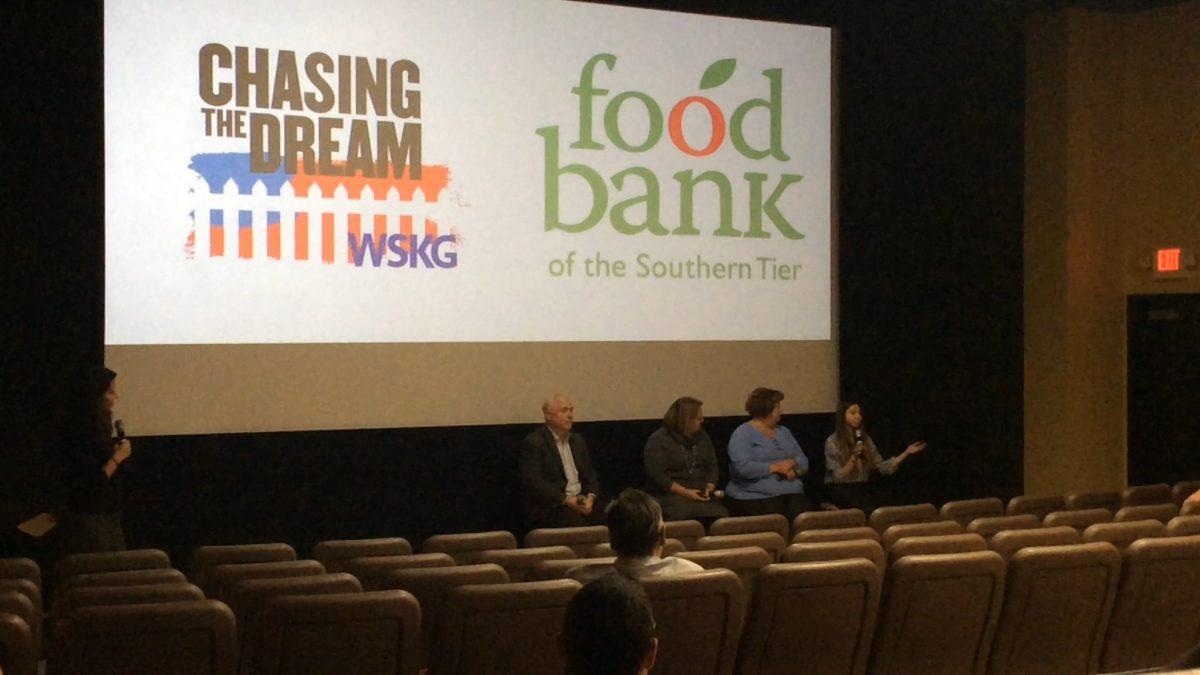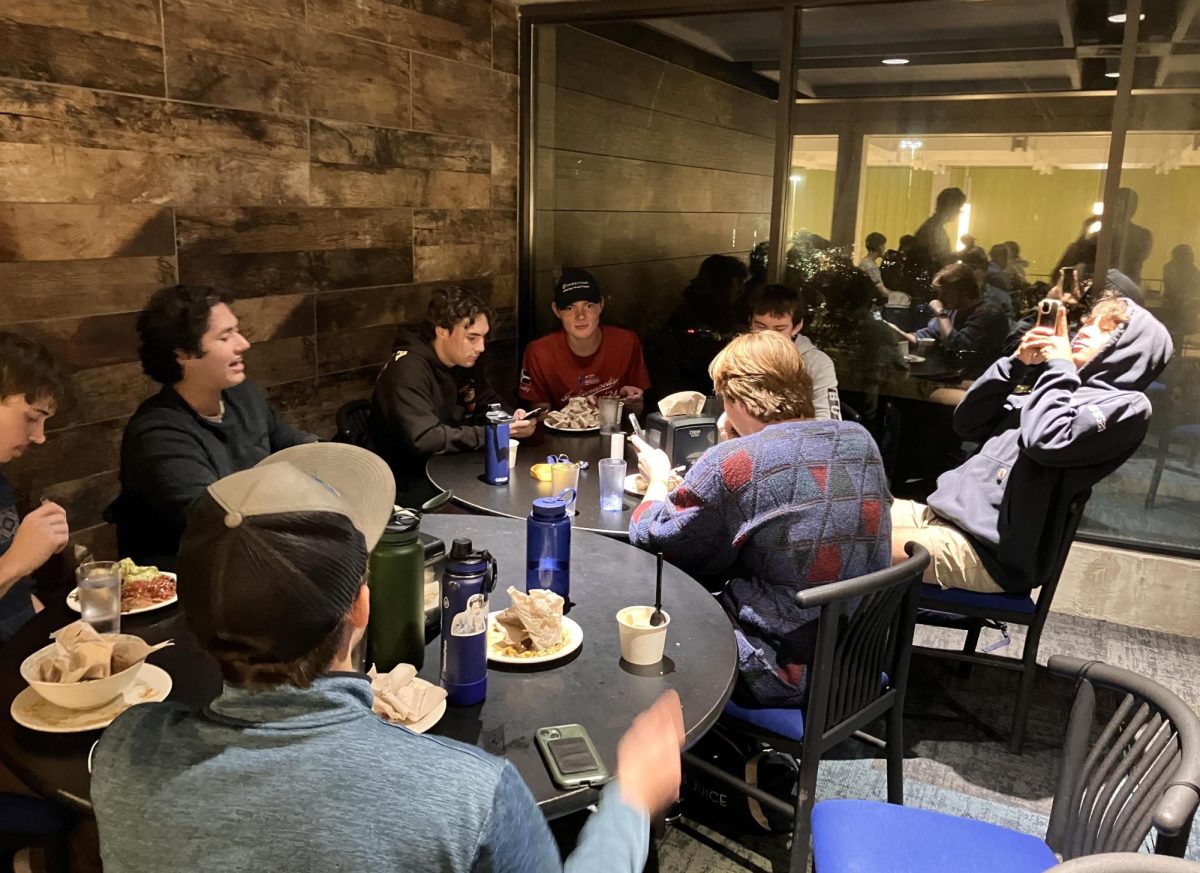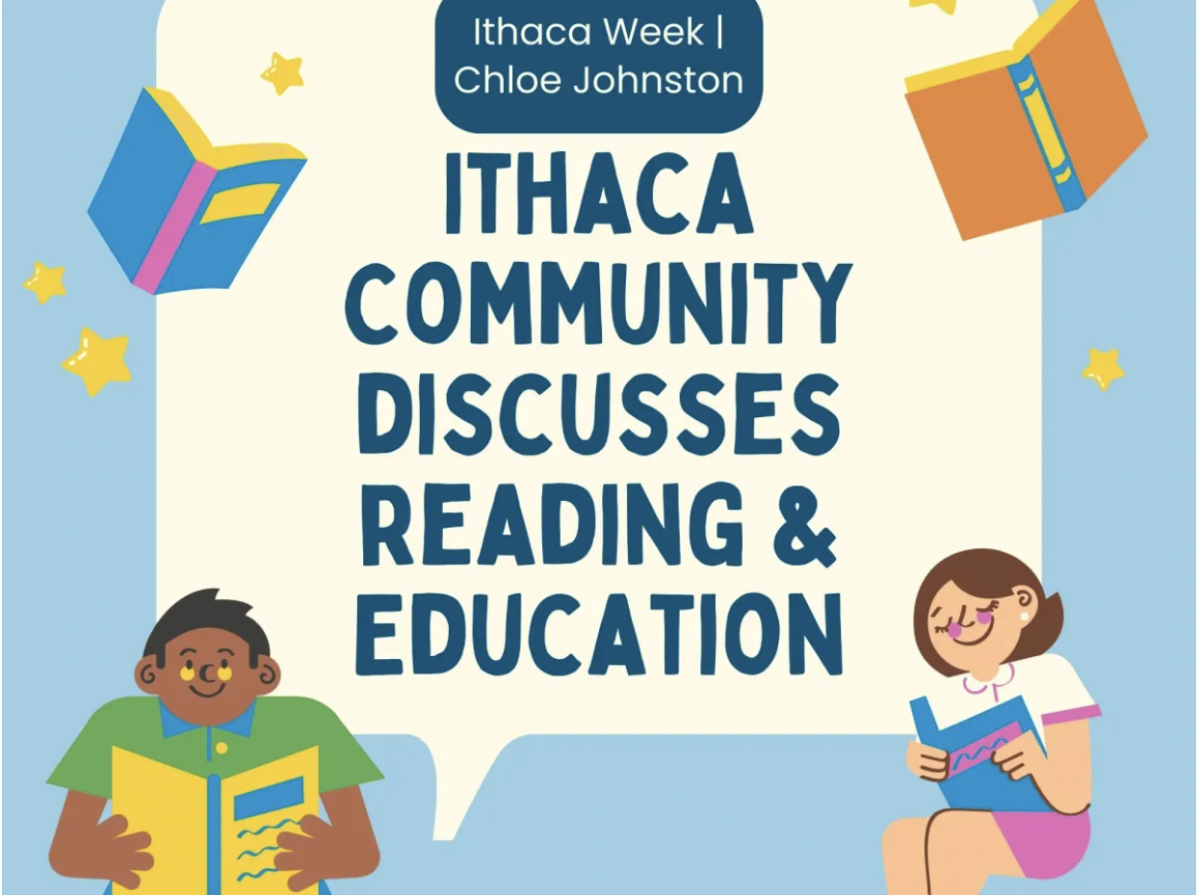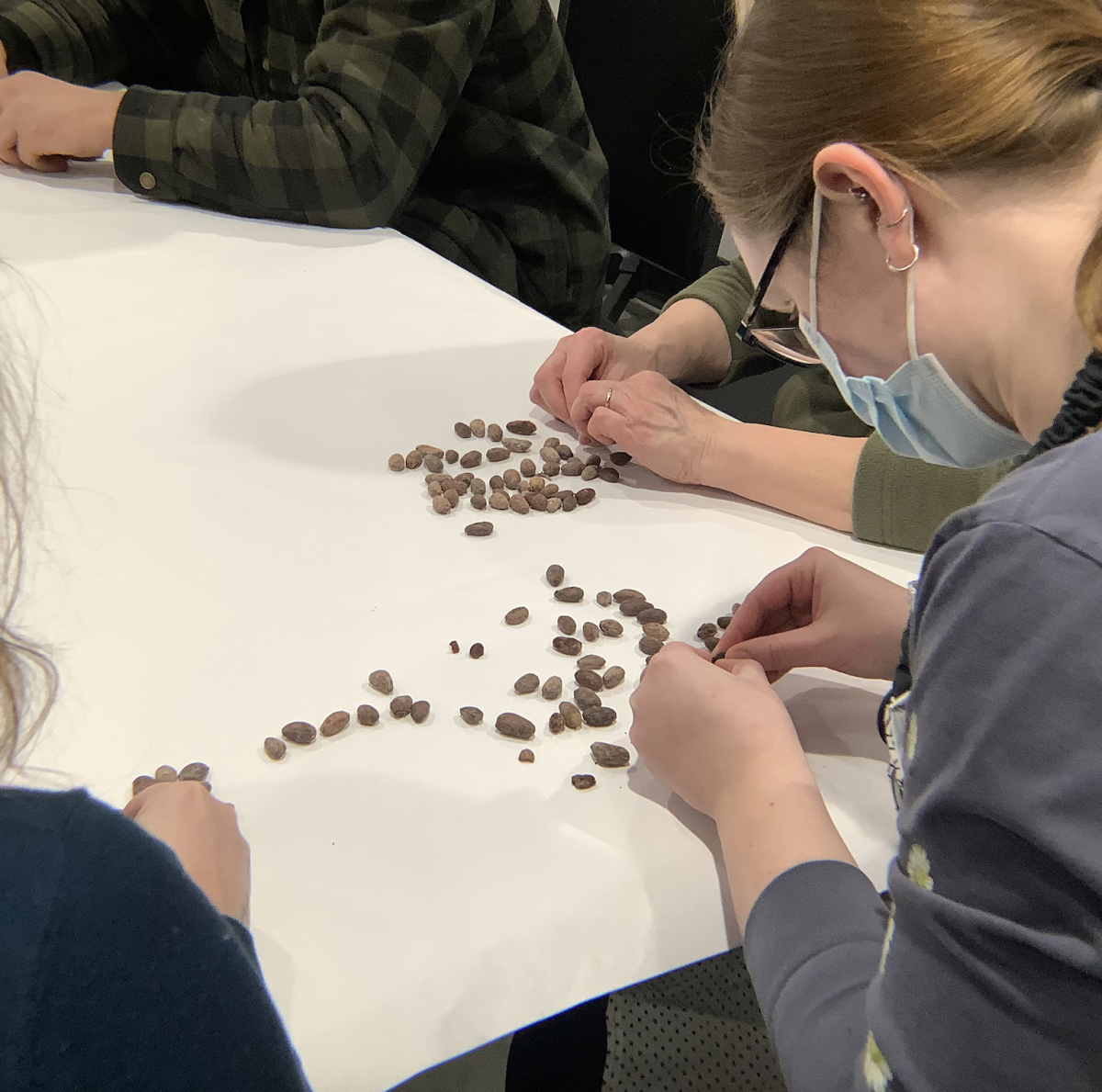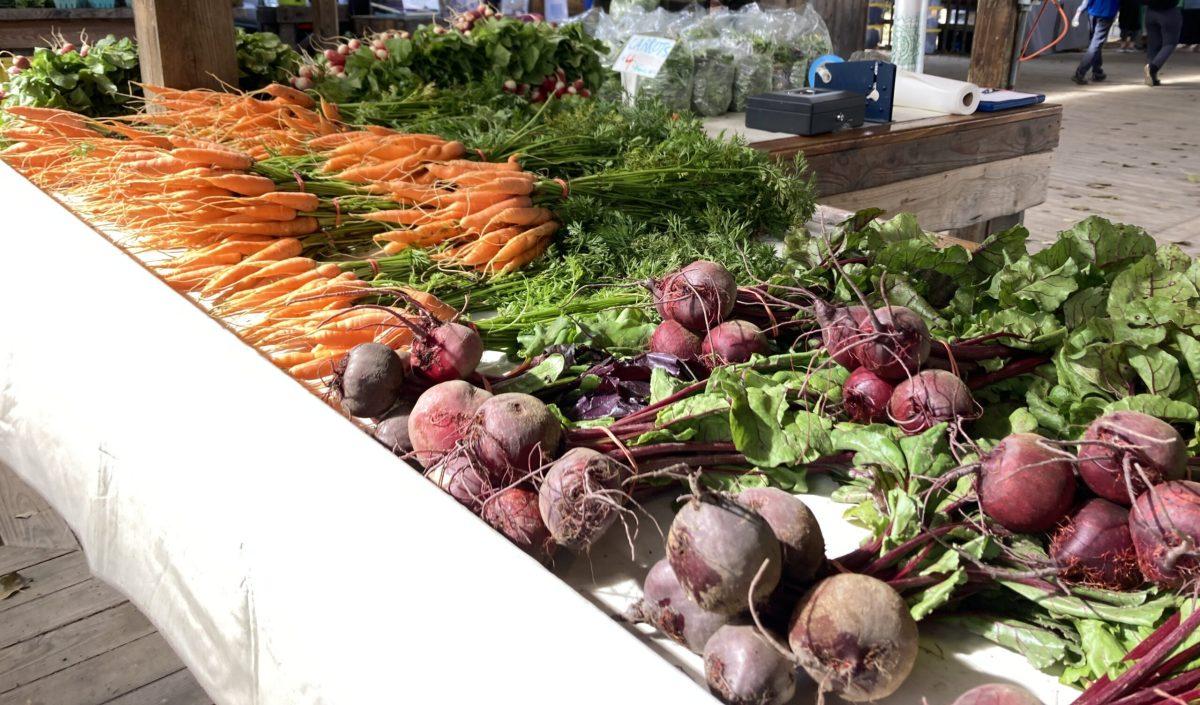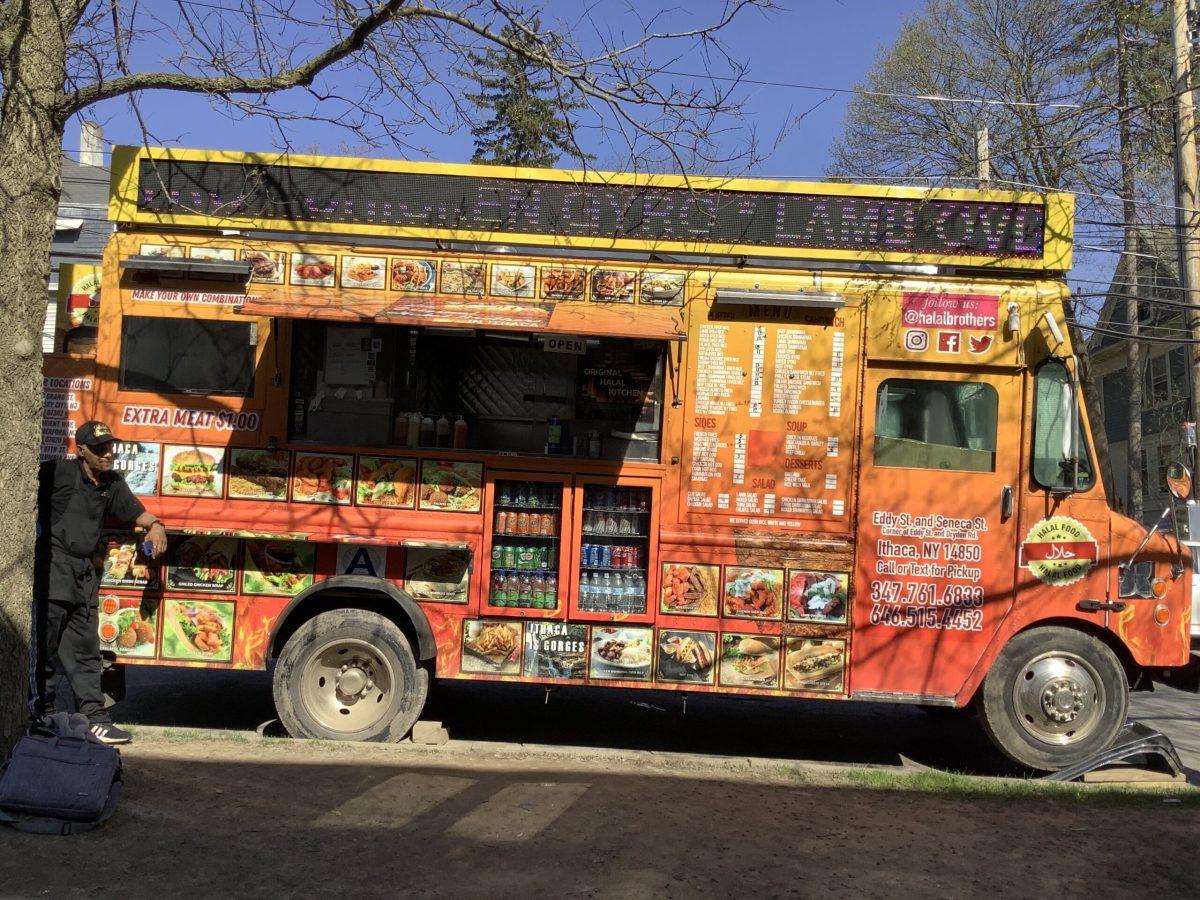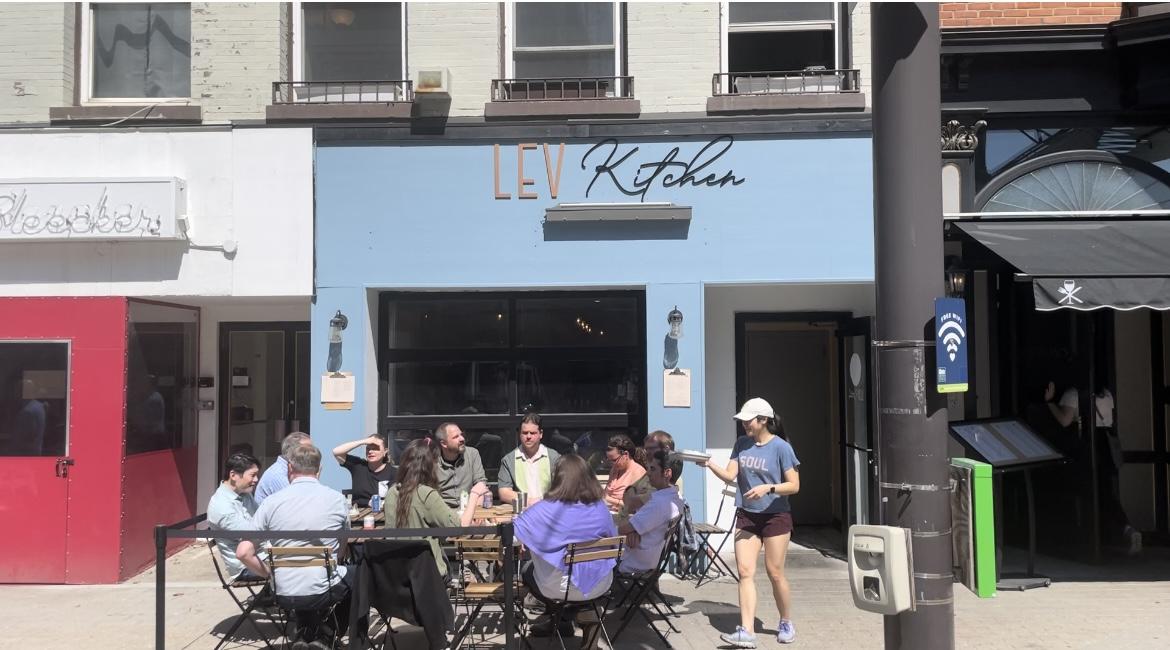According to a 2016 Cornell PULSE (Perceptions of Undergraduate Life and Student Experiences) survey, one in four students skip meals due to financial constraints. Five percent say they do it often.
Food insecurity has become a major issue on college campuses over the last few decades, including right here in Ithaca. The rising cost of higher education paired with low paying jobs for many college students has forced some to choose between textbooks and a full meal.
The Food Bank of the Southern Tier dedicated one of its episodes of the WSKG-TV series Chasing the Dream to this problem. On Nov. 13, they held a screening of “Struggles on College Campuses” at Cinemapolis, followed by a panel discussion with representatives from Cornell University, Ithaca College, Tompkins Cortland Community College and WSKG.
The PULSE survey was one of the reasons that WSKG decided to produce an episode on food insecurity on college campuses.
“People don’t think of college campuses as being food deserts. So when we did some of our research and we saw those numbers, we thought this would be something that would be eye-opening to people,” said Brian Frey, WSKG Director of Operations and Special Projects.

Deb Mohlenhoff, Director of Community Outreach and Engagement at TCCC, brought food pantries to the TCCC campus and noted the positive impact they have had on the campus community. In fact, the programs have been so successful that the college has expanded its opportunities for students to get food.
“When we were just bringing the mobile pantry, we were clearly not doing enough. We have an administration that’s really committed to thinking about our students in a new way, so it was exciting to not have as many obstacles put in front of us as we now operate an actual, full-fledged, all-the-time pantry on the campus in addition to bringing the truck.”
Ithaca College also brings a mobile food pantry to the campus, in collaboration with The Food Bank of the Southern Tier. About once a month, all students, staff and faculty can get fresh food at no cost.
Ithaca College students can also donate unused guest meal swipes to a “bank” created by the Office of Student Financial Services. Those swipes are then given to students in need.
Food insecurity does not discriminate. In fact, Cornell University was found to be a food desert, meaning there is no access to a grocery store within a one mile radius of the campus. That finding is what inspired a group of Cornell students to create Anabel’s Grocery, a student-run grocery store on the Cornell campus.

“We were founded on the mission of providing affordable and accessible produce and other healthy staples to students,” said Devon Rosen, Director of Communications for Anabel’s Grocery.
The store buys food at low prices, so that it can sell products at prices lower than local grocery stores.
One unique aspect of Anabel’s Grocery is the store’s business model. Rather than a traditional pantry model that many colleges choose to use, Rosen believes that the grocery store model makes students feel more comfortable and helps to break the stigma surrounding food insecurity.
“People don’t want to be seen going to a food pantry. A lot of times they’re really out of the way and a pain to get to, but Anabel’s is located right on the walk between Collegetown and the Cornell campus. By having that grocery store model, we find that we really chip away at some of those issues regarding stigma,” Rosen said.
The panelists discussed how food insecurity on college campuses is a large, multifaceted problem that will take legislation and action to fix. Programs like TCCC’s food pantry and Anabel’s Grocery provide college students with the opportunity to get a full and healthy meal in the meantime.

